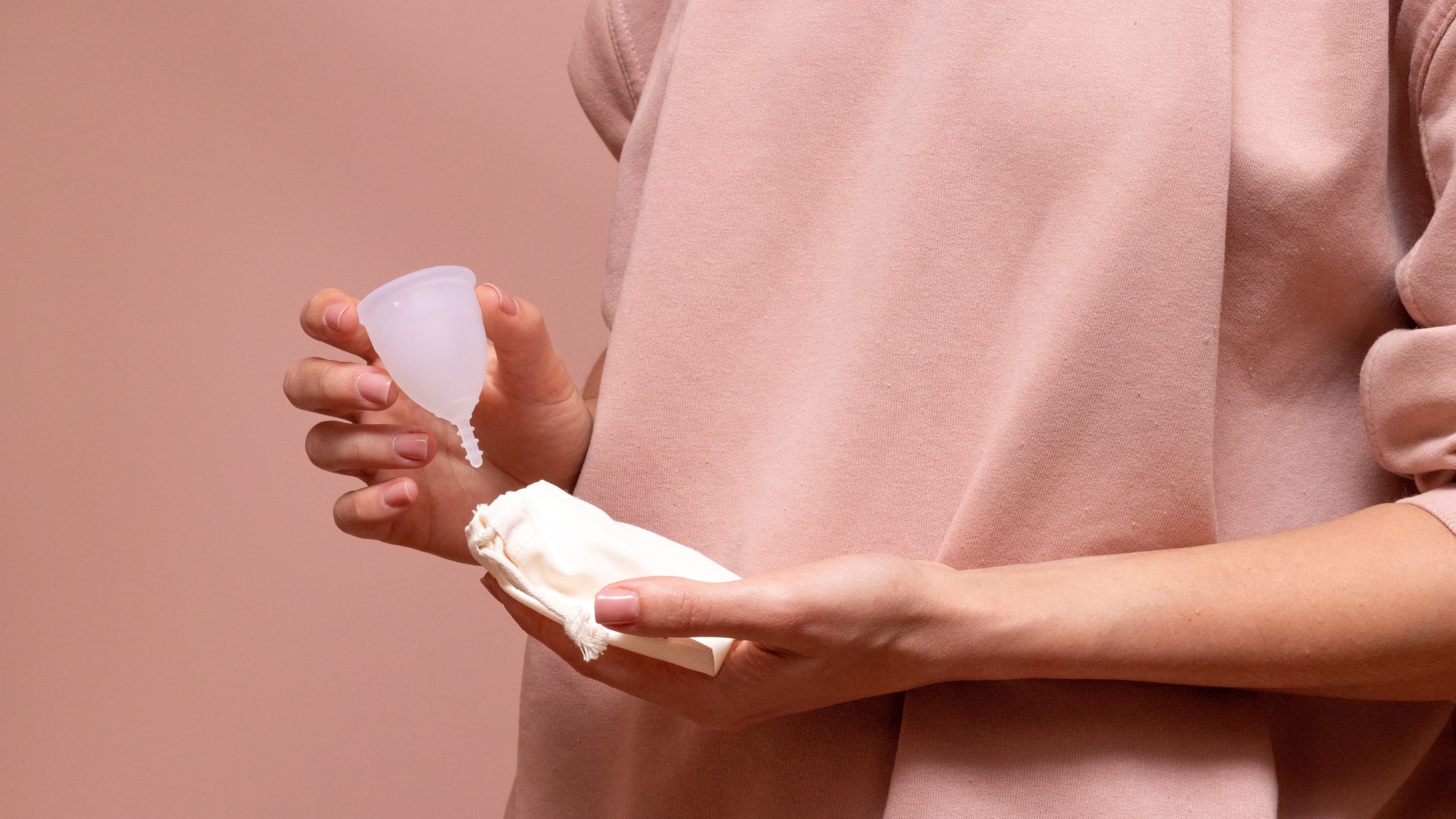Anybody who has had a menstrual cycle knows they can create a lot of waste with the likely decades worth of thrown-away pads and tampons. In fact, nearly 20 billion pads, tampons, and applicators are thrown away in North America alone every year and since many of the components are plastic, they take centuries to degrade. Not to mention that the processing required to make the plastic in tampon applicators and the tear-away strips on the back of pads requires high amounts of fossil fuels.
If you are thinking about making some sustainable changes to your period-related products, consider the following options.
Menstrual Cups & Discs
Menstrual cups are made out of medical grade silicone and can be washed and reused for up to ten years, which will save you a lot of money and keep thousands of period products out of the landfill. They can stay in just as long as a traditional tampon and decreases your chances of contracting yeast and other bacterial infections. However, as with tampons, there still is a risk of toxic shock syndrome. Menstrual discs work in a very similar way, the main difference is their shape. Check out this list for menstrual cup and disc suggestions.
Period Underwear & Reusable Pads
Period underwear acts like a pad built into your underwear and are easily washable so you can keep re-wearing them. They are much less bulky than pads and come in many styles and sizes. Check out this list for some recommendations.
Similar to period underwear, there are washable and reusable pads that can also be used for years with proper care. Here is a list with some reusable pad options.
Cardboard or No-Applicator Tampons
If you are mainly looking to reduce your plastic waste but want to stick with traditional tampons, there are cardboard and non-applicator tampons for sale. The cardboard is biodegradable so they will break down naturally in a landfill or can be composted. There are also organic tampon options, many of which have cardboard applicators or none at all which are supposed to have less chemicals in them than non-organic ones.
Would you try any of these options? Or have you tried one (or more) and have thoughts to share? These are all great options to reduce waste and the reusable options will undoubtedly save you money over their lifetimes.
Written by Sarah Woodams ‘24(T5)
Photo by Oana Cristina on Unsplash

